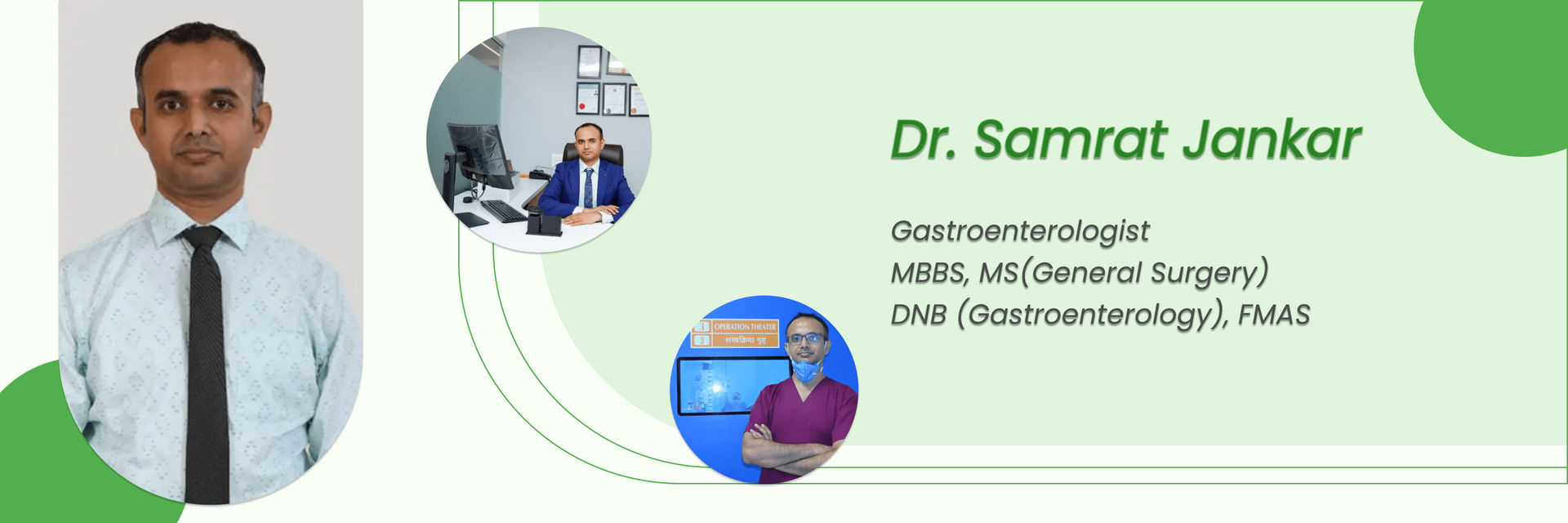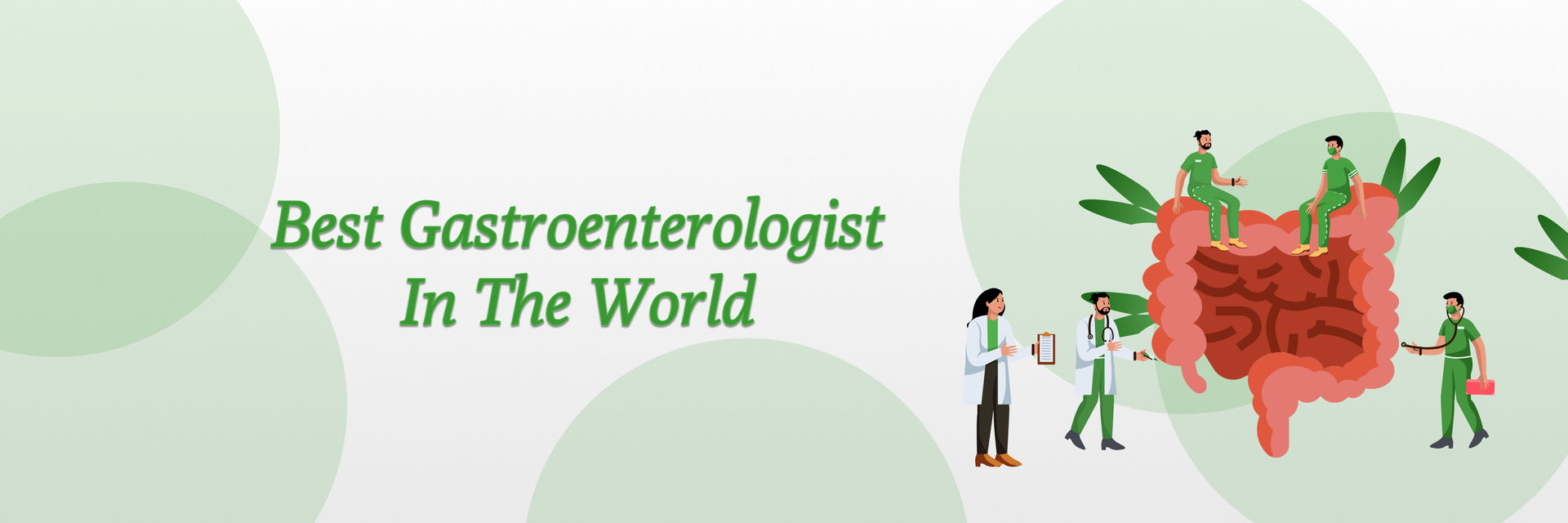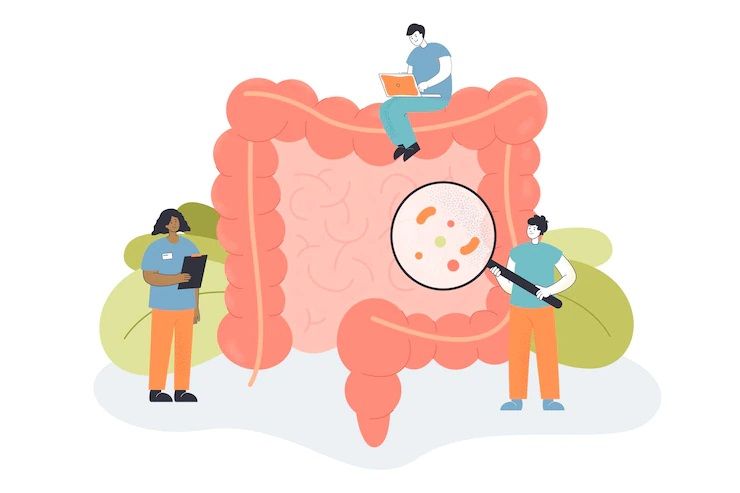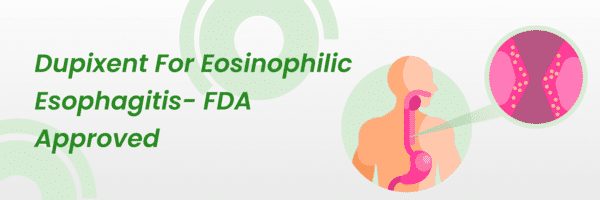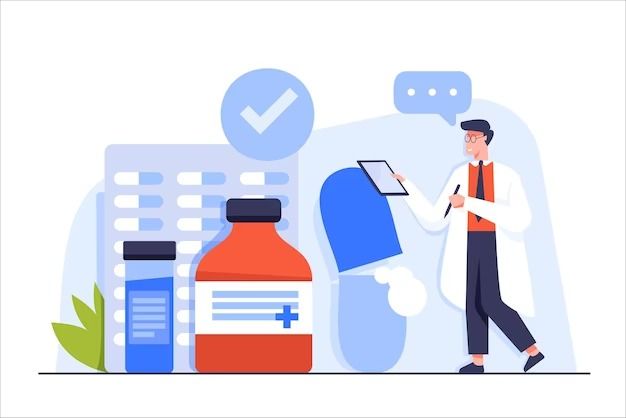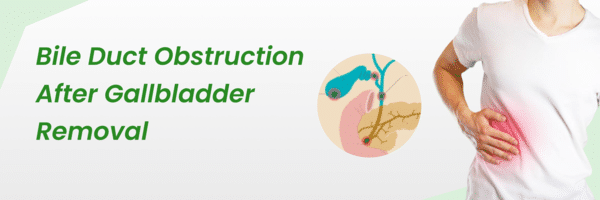Chest pain following gallbladder surgery is an alarming but relatively common occurrence. The discomfort is usually attributed to the residual effects of the surgical procedure and the body’s response to it. Up to 40% of patients, which amounts to 280,000 individuals, may continue to experience symptoms, including chest pain, even after surgery.
In this article, we'll explore the causes of post-surgical chest pain and discuss how to manage it. Let’s see below and find the answers to help you feel better.
Understanding Gallbladder Surgery
Gallbladder surgery, or cholecystectomy, is a routine procedure to help with gallstones or gallbladder inflammation.
Common Reasons for the Surgery
- Gallstones: These are little stones that can cause a lot of pain.
- Inflammation: Sometimes, the gallbladder gets swollen and painful.
- Pancreatitis: This is when the pancreas gets inflamed because of gallstones.
Overview of the Surgical Procedure
Laparoscopic Surgery: This is the go-to method. Doctors make tiny cuts and use a camera to see inside and remove the gallbladder. It’s less painful afterwards, and you heal faster.
Open Surgery: This is used when laparoscopic surgery might be risky. It involves one big cut. Healing takes longer.
Is Chest Pain Normal After Gallbladder Surgery?
Yes, some degree of pain is normal as your body heals. But it’s important to know when this might be more serious:
- Normal post-op pain tends to be mild and improves with simple home care.
- See a doctor if the pain is sharp, severe, or gets worse over time. This could be a sign of complications like infections or a heart problem.
Do you think your chest pain isn’t from surgery recovery? It's better to check with a cardiologist to be safe. schedule your appointment now.
How does it relate to chest pain?
The symptoms, like bloating and indigestion, can sometimes feel like chest pain. This can be confusing and worrying, but it's usually due to how your body adjusts without a gallbladder.
Feeling something's not right? If you have persistent pain or other issues after surgery, it’s important to check in with your doctor to manage these symptoms.
What Causes Chest Pain After Surgery?
- Muscle strains: During surgery, positioning or movement can strain chest muscles.
- Gas pains: Gas used during a procedure can linger in the abdomen and cause discomfort that radiates to the chest.
- Referred pain: Pain from the gallbladder area might feel like it's in your chest. After the gallbladder removal, chest pain might be more noticeable.
- Changes in digestion: Without the gallbladder, your body processes fat changes, which can sometimes lead to discomfort.
- Nerve irritation: The surgery might irritate nerves near the gallbladder, which can be felt in the chest area.
What is Postcholecystectomy Syndrome?
Sometimes, not everything goes back to normal right away.
Here’s what you need to know about postcholecystectomy syndrome.
- This syndrome happens after gallbladder surgery. Some people still feel stomach or digestive system problems even though their gallbladder is gone.
- Common symptoms: They include stomach pain, bloating, diarrhea, and indigestion.
Diagnosis and Treatment
After gallbladder surgery, if you're still feeling unwell, here's how they diagnose and treat any continuing issues.
Common Diagnostic Tests and Procedures
- Blood tests: To check for signs of inflammation or infection.
- Ultrasound or CT scan: These imaging tests help look at the liver and bile ducts to see if there’s a blockage or other issues.
- Endoscopic Retrograde Cholangiopancreatography (ERCP): A special procedure using a camera and dye to see if there are any stones or blockages in the bile ducts.
Treatment Options Available
- Medication: Doctors might prescribe medicine to help with pain, reduce inflammation, or help with digestion.
- Lifestyle Adjustments:
- Diet changes: Eating less fatty food and more fiber can help.
- Exercise: Regular activity can improve digestion and health.
- Follow-up Care: Regular check-ups with your gastroenterologist to check your recovery and prevent further complications.
Are you still, feeling off? Getting the right tests and following your doctor’s advice can help you get back to feeling better.
Managing Recovery
Tips for a Smooth Recovery
- Rest: Give your body time to heal. Take it easy for the first few days.
- Follow doctor’s instructions: Keep up with prescribed medications and attend all follow-up appointments.
- Check symptoms: Monitor changes and contact your doctor if something feels wrong.
Dietary Recommendations
- Eat smaller, more frequent meals: Large meals can be hard on digestion now.
- Choose low-fat foods: High-fat foods can be difficult to digest without gallbladder.
- Increase fibre intake: Foods rich in fibre, like fruits and vegetables, can help prevent constipation.
Physical Activity Guidelines
- Start slow: Begin with light walking and increase your activity level.
- Avoid heavy lifting: Don’t lift anything heavy (over 10 pounds) for at least a few weeks to avoid strain.
- Listen to your body: If something hurts, stop and rest. Your body will tell you what it can handle.
Feeling better every day? Keeping these tips in mind can help you recover faster and get back to your daily routine.
Not sure how to get started with these strategies? Talk to your healthcare provider about the best ways to manage pain post-surgery. Get in touch with us
When to Seek Further Medical Help
Feeling unsure about when chest pain is serious? It's essential to recognize the warning signs that need immediate medical attention.
Warning Signs to Watch For
Here are some symptoms that might state a more severe condition and must seek help :
- Intense, sharp chest pain that doesn't go away or gets worse.
- Difficulty breathing could suggest issues like a pulmonary problem or severe heart condition.
- Persistent nausea or vomiting, especially if accompanied by chest pain.
- Fever or chills, which could be an infection.
- Yellowing of the skin or eyes (jaundice), pointing to potential liver or bile duct issues.
The importance of timely medical evaluation cannot be overstated. Quick action can prevent complications that might arise from dismissing serious symptoms. It's better to be safe and get checked out than to wait and see if symptoms resolve independently.
Let’s make sure you’re getting the right care at the right time!
Conclusion
Still thinking about that chest pain after gallbladder surgery? It’s important to take these symptoms. Recognizing and treating post-surgical chest pain not only helps you feel better but also prevents potential complications. Remember, many people find effective ways to manage and overcome this discomfort. With the right care, you can move towards a more comfortable recovery.
Feeling uncertain about your symptoms? call us to book your appointment for an expert guidance. Let's take this step towards recovery together!
FAQs
Is it normal to experience chest pain when breathing deeply after gallbladder surgery?
Yes, it can be normal due to diaphragm irritation or residual gas in the abdomen.
Should I be worried if the chest pain is accompanied by nausea or vomiting after gallbladder surgery?
Yes, it could indicate complications such as bile duct issues or gastrointestinal problems. Contact your doctor promptly.
Can over-the-counter pain medications help relieve chest pain after gallbladder surgery?
Yes, but always consult your surgeon or primary care provider before taking any medication to ensure they are safe and appropriate for your condition.
Are there specific dietary changes I should make to help alleviate chest pain after gallbladder surgery?
Yes, avoiding fatty, greasy, or spicy foods may help reduce discomfort, as these can exacerbate digestive issues post-surgery.
How long should I wait before seeking medical attention for chest pain after gallbladder surgery?
If you experience severe or persistent chest pain, seek medical attention immediately. It's always better to err on caution and have a healthcare professional evaluate your symptoms.
References:
